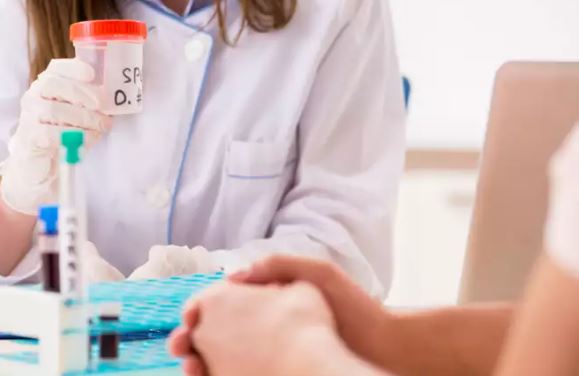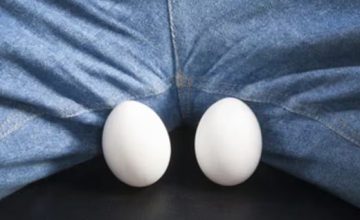
People who are trying to live healthier lives frequently start on strenuous exercise regimes.
On the other hand, some researchers have highlighted the possible risks that excessive exercise may present to male fertility.
Examining the complexities of elevated oxidative stress, chronic inflammation, and the hypothalamus-pituitary-gonadal axis (HPT) function reveals that there are additional factors to take into account in addition to the apparent physical benefits.
Here we will examine how male fertility is negatively impacted by overexertion, using data from reliable studies as a guide.
Lower testosterone levels
Male testosterone levels can be lowered by lifting weights that are too heavy for them and by spending too much time in the gym. A subsequent decrease in sperm count is linked to extreme fitness regimes, as highlighted by the American Journal of Men’s Health. It is essential to strike a balance between the duration and intensity of exercise in order to protect hormonal balance and, in turn, the health of male reproduction.
Higher estrogen levels
The dangers of protein supplements tainted with anabolic steroids are highlighted in the World Journal of Men’s Health. These ingredients can cause negative side effects like reduced sperm count, testicular atrophy, and erectile dysfunction when they are found in store-bought protein supplements. Furthermore, certain protein supplements might have high concentrations of estrogen, a female hormone that has a deleterious effect on sperm quality. Making thoughtful supplement decisions is essential to reducing these risks.
Increased scrotal temperature
Scrotal temperature can rise as a result of prolonged exposure to high temperatures during strenuous training sessions, form-fitting workout clothes, or extended cycling sessions. This temperature increase may be detrimental to sperm motility and production. To prevent this possible threat to male fertility, it is imperative to take precautions like wearing loose-fitting clothing and making sure you have enough ventilation when working out.
Oxidative stress and DNA damage
Excessive exercise can produce free radicals, which can damage DNA and cause oxidative stress in sperm cells. Such damage can lead to decreased chances of fertilization and an elevated risk of miscarriage. These results highlight how crucial it is to balance exercise volume and recovery times in order to protect sperm cells’ genetic integrit
Hormonal imbalance and inflammation
Overexercise throws off the delicate hormone balance that is essential for healthy reproduction. Low sperm count and quality are the result of disruptions to the luteinizing hormone (LH), follicle-stimulating hormone (FSH), and gonadotropin-releasing hormone (GnRH) pathways. The function of the testes and epididymis is further compromised by chronic inflammation brought on by overtraining, which worsens fertility problems.




